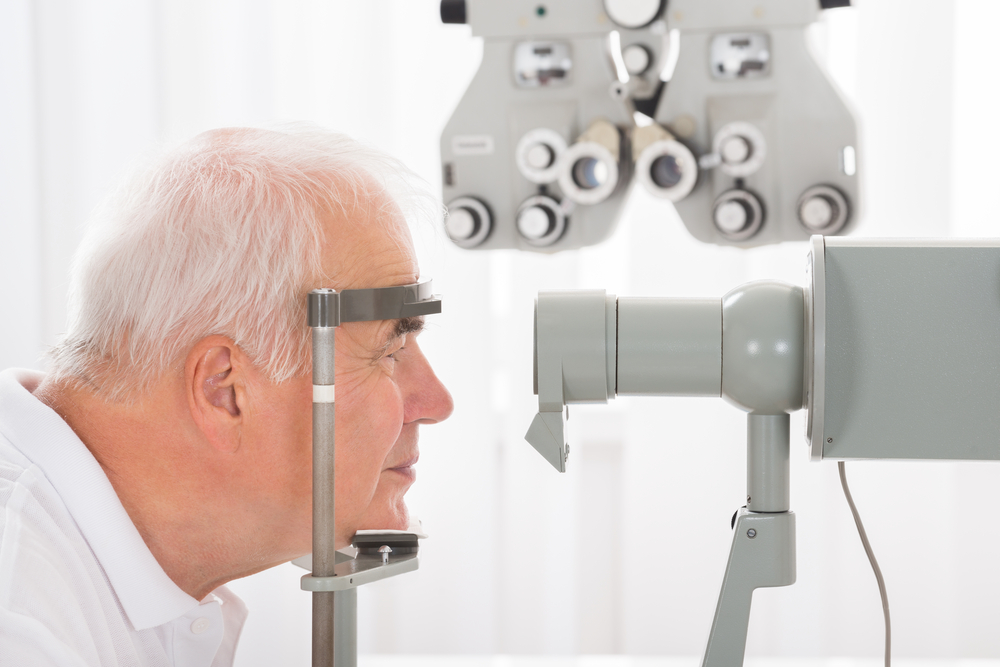
The prevalence of diabetes is on a rapid rise worldwide, with a significant number of individuals suffering from various complications linked to this chronic condition. One such complication is Diabetic Retinopathy (DR), a progressive eye disease that can lead to severe vision loss if not detected and treated early. This underlines the importance of early detection of diabetic retinopathy, which can only be achieved through regular eye exams.
Understanding Diabetic Retinopathy
Diabetic retinopathy is a diabetes complication that affects the eyes. It's caused by damage to the blood vessels of the retina—the light-sensitive tissue at the back of the eye. The risk of developing diabetic retinopathy increases with the length of time you have had diabetes and how well your blood sugar is controlled.
There are two stages of DR: non-proliferative diabetic retinopathy (NPDR) and proliferative diabetic retinopathy (PDR). NPDR, the early stage of the disease, is characterized by microaneurysms, retinal hemorrhages, and hard exudates. PDR, the more advanced stage, is characterized by the growth of new blood vessels on the retina and the posterior surface of the vitreous gel (neovascularization), which can lead to severe vision loss.
Despite its potential severity, diabetic retinopathy often goes unnoticed as it may cause no symptoms or only mild vision problems in the initial stages. However, with time, the condition can progress and lead to blindness, which is why early detection and treatment are crucial.
How Regular Eye Exams Can Make a Difference
Regular eye exams play a pivotal role in the early detection of diabetic retinopathy. They can identify changes in the retina before you even notice any symptoms. This is crucial because, in the early stages, DR often doesn't present any signs or symptoms.
During a comprehensive eye exam, your eye doctor will examine the retina and optic nerve for signs of damage and other eye problems. If DR is detected, you might need a fluorescein angiography or optical coherence tomography (OCT) for further evaluation of the retina.
Regular eye exams are not just important for detecting DR but also for monitoring its progression. If you have been diagnosed with DR, these exams can help track changes in your vision and assess how well the treatment is working. In essence, they are a proactive approach to managing your eye health and preserving your vision.
Warning Signs and Symptoms of Diabetic Retinopathy
As stated, diabetic retinopathy may cause no symptoms or only minor vision problems at first. As the condition progresses, it can lead to symptoms such as blurred or distorted vision, floaters, shadows or dark spots in your vision, difficulty seeing at night, and even sudden loss of vision.
Taking Proactive Steps to Safeguard Your Vision
Early detection of diabetic retinopathy is a key component in managing the disease, slowing its progression, and preserving your vision. Regular eye exams are integral to this process, allowing for early detection and continuous monitoring of the disease.
If you or a loved one has diabetes, schedule an eye exam at Gulf Coast Retina Center in our Sarasota or Venice, Florida office. We specialize in the medical and surgical management of eye diseases. Be seen today or call (941) 312-2769 to book an appointment.








